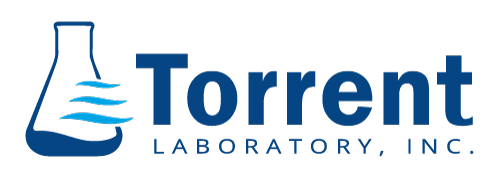Why Businesses Should Test Their Drinking Water
Water is essential to every operation. Whether your facility serves hundreds of employees, students, patients, or guests, ensuring clean, safe drinking water is a responsibility that directly impacts health, compliance, and trust. Periodic water quality testing helps organizations monitor their systems, identify risks early, and meet regulatory obligations with confidence.
Despite this, water quality testing is often overlooked until problems surface—sometimes literally. Contaminants like nitrates, heavy metals, or microbial growth may go undetected for years, quietly compromising safety or violating regulatory thresholds. Routine testing offers a data-driven way to manage those risks proactively.
Location, infrastructure, and liability all matter
Your facility’s water source and delivery infrastructure play a major role in determining contamination risk. Older plumbing systems may introduce lead or corrosion byproducts into the supply. Facilities in agricultural or industrial regions may see elevated nitrate or chemical concentrations in groundwater. Even temporary disruptions—like nearby construction or extreme weather—can shift water quality unexpectedly.
For organizations responsible for public or employee safety, these variables create both a health concern and a legal one. Testing provides clarity, documentation, and peace of mind.
Water quality is not static—it changes
A single water test offers only a snapshot in time. Because water systems fluctuate due to seasonal, operational, and environmental changes, businesses need a long-term monitoring plan, not just a one-time check.
Routine testing allows facilities to:
- Track contaminant levels over time
- Assess the effectiveness of treatment systems
- Respond quickly to changes in supply or source
- Maintain compliance with EPA, OSHA, or state health guidelines
This is especially critical in regulated industries such as healthcare, food service, and education, where water safety is tightly linked to public health standards.
Not all findings require drastic action, but they do require attention
Detecting substances in drinking water doesn’t automatically mean there’s a crisis. Many common findings fall within safe ranges, while others simply require closer monitoring or preventive treatment. What’s important is having accurate, lab-verified data to guide your response, not guesswork or assumptions.
Working with an accredited lab ensures that your organization receives precise reporting that is aligned with regulatory standards and defensible in audits, inspections, or stakeholder communications.
Take a proactive approach
Water is too critical to leave untested. Whether managing a municipal system, operating a commercial facility, or leading a school or hospital, drinking water quality is a key part of your environmental and operational stewardship.
Torrent Laboratory provides certified testing services to business, institutional, and government clients. Our team can help you develop a custom testing plan that fits your facility’s needs—no kits, no guesswork, just accurate data and reliable support.




